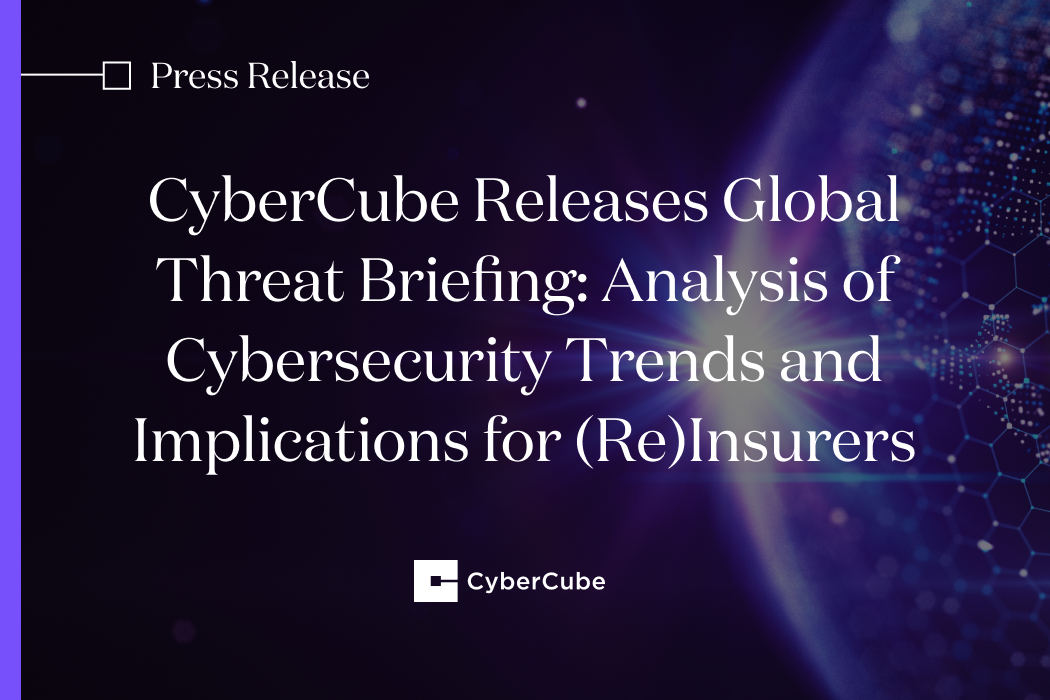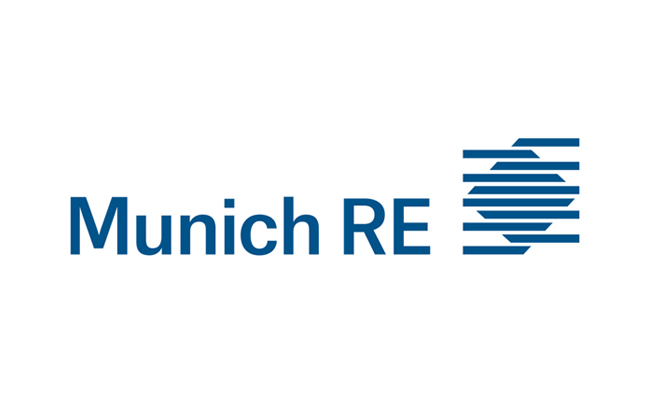9 November 2020, San Francisco – Understanding and predicting human behaviour is one of the biggest challenges facing modelers of both pandemics and cyber risk, a new report from CyberCube concludes.
According to the report, which sets out to understand the lessons both pandemic and cyber modelers could learn from each other, the potential for political decisions and the public’s response to affect the duration and severity of both types of events is critical to successful modeling.
The report, which includes comments by experts from Munich Re and contributions from leading pandemic modeling firm Metabiota, finds that the ways in which modelers represent the complex interactions between human-created risks will be key to building effective models. Even though pandemics originate from pathogens, the report notes, the challenge is how models can illustrate the range of outcomes based on individual and societal reactions that impact on the spread of the disease or cyber threat.
The report, Viruses, contagion and tail-risk: Modeling cyber risk in the age of pandemics, also finds that lack of data is a brake on progress for both types of modelers. Since the start of the twentieth century, there have been fewer than twelve major global pandemics. There have also been very few significant systemic cyber events, although there have been thousands of cyber incidents, since the emergence of the Internet and connected technology. This has not provided a wealth of data to assess the potential impact of such events.
Oli Brew, CyberCube’s Head of Client Success, said: “It’s clear that lessons can be learnt and applied to cyber risk modeling from understanding how pandemic models have evolved. As the COVID-19 pandemic continues, even though there are differences between computer and human viruses, parallels are emerging in the modeling, the methodologies and the data challenges.”
He added: “There is real value in learning from interdisciplinary teams in how to balance the needs of accuracy and precision in developing models to meet the market needs. At a minimum, the need for a creative, but reality-based imagination to represent forward-looking risks is critical.”
Dr Hjalmar Böhm, Senior Actuary, Epidemic Risk Solutions, a dedicated epidemic risk solutions business unit at Munich Re, said: “In both cyber risk and pandemics, there is a need to consider accumulation risk. For example, a pandemic is a key consideration for life insurers and a high mortality event could create significant economic loss. A solid approach to controlling accumulation risk exposure needs to be the basis for every business model for epidemic risk insurance.”
Nita Madhav, CEO of Metabiota, added: “There are parallels with modeling the global spread of a disease and how cyber systems are connected – both are network issues. The impact of mitigation risk and early action can potentially make a difference. Furthermore, you can be asymptomatic with COVID-19; similarly, you may not know if a cyber intruder has already infiltrated your network.”
The report concludes that addressing current limitations in data collection will improve the value and insight these models can provide to the insurance and life insurance markets. Another common theme is that both cyber risk and pandemics are unencumbered by geographic boundaries.
CyberCube’s report, Viruses, contagion and tail-risk: Modeling cyber risk in the age of pandemics, is available for download from CyberCube’s website.
ENDS
About CyberCube
CyberCube delivers the world’s leading cyber risk analytics for the insurance industry. With best-in-class data access and advanced multidisciplinary analytics, the company’s Software-as-a-Service platform helps insurance companies make better decisions when underwriting cyber risk and managing cyber risk aggregation. CyberCube’s enterprise intelligence layer provides insights on millions of companies globally and includes modeling on over one thousand single points of technology failure. For more information, please visit www.cybcube.com or email info@cybcube.com
About Metabiota
Metabiota works with governments and industry to estimate, mitigate and manage epidemic risk, supporting global health security, sustainable development, and data-driven decisions. The company is headquartered in San Francisco, California, and the team includes global leaders in epidemiology, veterinary medicine, laboratory science, data science, actuarial science, social science and political economics. Metabiota has developed a unique data analytics platform to quantify epidemic risk, the Global Epidemic Monitoring and Modeling platform. For more information, visit www.metabiota.com



